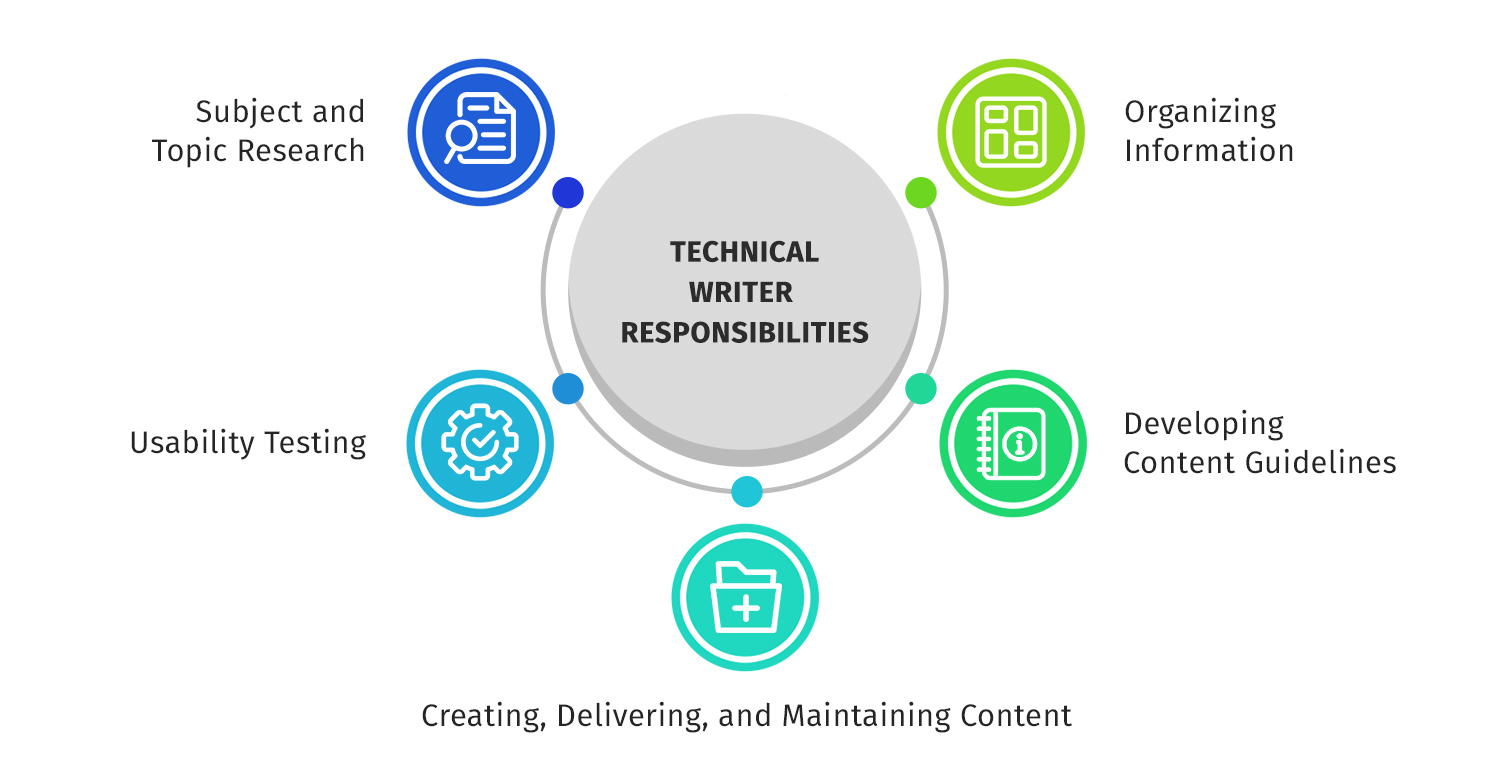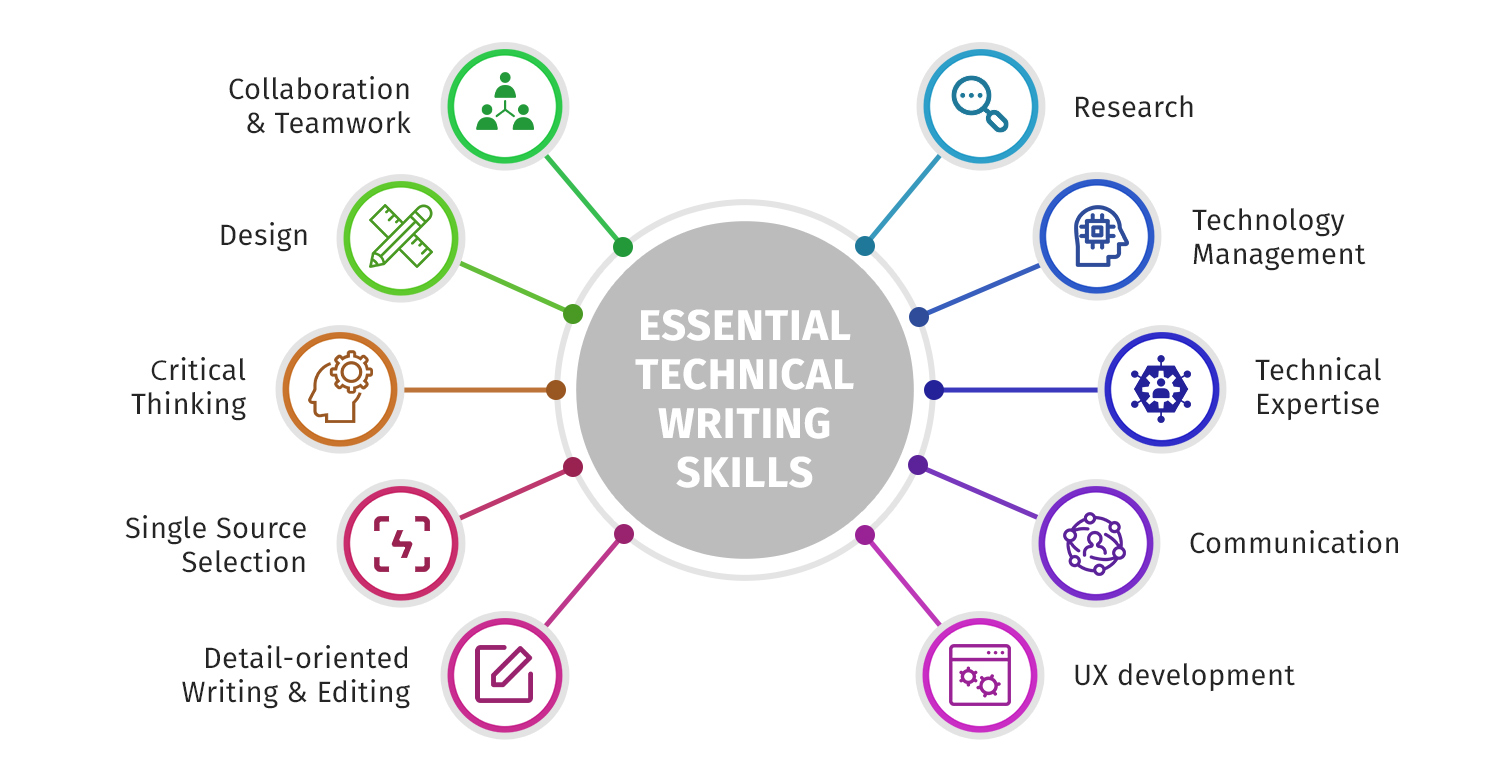Our reviewers evaluate career opinion pieces independently. Learn how we stay transparent, our methodology, and tell us about anything we missed.
The first time I did technical writing fully remote (I kind of started before remote was a thing, but we still had those “remote” moments where we’d talk over email a lot), I assumed I’d just trade office noise for focus time.
What happened was a lot more like running a mini newsroom. Slack pings, last-minute engineering changes, screenshots that needed redoing because the UI shipped overnight, and a constant question in the background: “Is the reader going to get stuck here?”
A quick, slightly awkward “why you should listen to me” moment: I’ve spent years writing technical documentation for real products with real users, and I’ve watched teams succeed or fail based on whether docs were treated like a product, not an afterthought.
If you’re exploring remote technical writing, I’m going to walk you through what the job looks like, the skills that matter, and how to grow your career without burning out.
Remote Technical Writer Overview
A remote technical writer creates and maintains documentation from outside the office, usually working with engineers, product managers, support, and other subject matter experts. The output might be developer documentation, how-to guides, tutorials, API references, release notes, internal SOPs, or customer-facing knowledge base articles.
If you want a broader definition before we zoom into remote specifics, start with what a technical writer does.
Remote changes the job in a subtle way: writing quality still matters, but coordination becomes just as important. When you can’t tap someone on the shoulder to clarify a detail, your ability to run an async workflow becomes part of your writing skill.

Challenges and Rewards of Remote Technical Writing
Remote technical writing has some real upsides, and some traps people don’t see until they’re in it.
The rewards
Remote work can give you travel flexibility, more control over your day, and a stronger chance at finding a niche you actually enjoy (developer docs, onboarding guides, tutorials, internal process docs, and so on). It also exposes you to diverse audiences fast, because you’ll often write for developers, support teams, and decision makers in the same week.
When the team is healthy, remote technical writing feels deeply satisfying. You ship a guide, support tickets drop, onboarding gets smoother, and you can literally see the friction leaving the system.
The challenges
The hardest part is usually remote communication, not the writing. You’ll run into delayed SME responses, conflicting technical opinions, and the classic “the feature changed, but nobody told docs.”
There’s also technical overhead: tools, workflows, permissions, environments, and the occasional day where you can’t reproduce a bug because your local setup is different than the engineer’s.
And yes, self-motivation matters. Not in a hustle-culture way, but in a “can I keep momentum without external structure?” way. If you don’t build your own structure, remote work can blur into a long, distracted day.
Coping mechanisms that work
The writers who last tend to have a few practical habits:
They default to async, but they’re not afraid to schedule a quick video call when back-and-forth messages are wasting time.
They keep notes and decisions in one place, so they’re not digging through Slack threads to find what changed.
They protect work boundaries. Remote technical writing is one of those jobs where you can always “just fix one more thing,” which is how burnout sneaks in.
Remote Work Practices and Productivity Tips
Remote technical writers don’t need a fancy setup, but you do need a reliable one.
A workstation that reduces friction
You want the boring things to work: stable WiFi, a decent microphone, a screen setup that lets you view source content and draft side by side, and screen capture software that doesn’t fight you.
I also like having a clean “documentation workstation” mindset. If it takes you five minutes to find the right repo, the right editor, and the right template every time, you’re paying a tax you don’t need.
Asynchronous workflow that doesn’t feel slow
Async work can be fast if your messages are specific. Instead of “Can you review?”, I’ll ask: “Can you confirm the command flags in Step 3 and whether the output changed after the last release?”
That’s the difference between getting an answer in 10 minutes and getting a vague thumbs-up two days later.
Remote collaboration routines
Slack and video calls are fine, but the real magic is having lightweight routines:
A short weekly sync with engineering or product for doc-impacting changes.
A simple “doc intake” process so requests aren’t scattered across DMs.
A habit of writing decision logs when something is ambiguous, so you can explain why you documented it the way you did.
If you’re trying to build these routines from scratch, it helps to see how other writing roles formalize their collaboration. The workflow patterns in proposal writer interview questions are transferable because proposals and docs both live on structured inputs, reviews, and deadlines.
Technical Writing Skills and Strategies
This is where remote technical writers can separate themselves.

Content hierarchy and descriptive headers
Remote technical writing is rarely read top-to-bottom. People skim, search, and jump around. That means you win by making the structure obvious: descriptive headers, predictable patterns, and a table of contents when the doc is long enough to justify it.
If someone can skim your headings and understand the workflow, you’ve already made the doc feel easier.
Writing for multiple content formats
Remote technical writers often need to switch content formats fast: tutorials, guides, reference docs, internal runbooks, release notes, and troubleshooting articles.
If you can handle that variety, you become more marketable. And you’re also less likely to get stuck in one content type forever.
Visual elements and readability
Diagrams, screenshots, and code blocks can be the difference between “I get it” and “I’m stuck.” The goal is not to decorate the doc. The goal is to reduce cognitive load.
If you want a clean external reference on voice, tone, and readability for developer audiences, the Google developer documentation style guide is one of the better public resources.
Understanding and Communicating with Technical Audiences
Remote technical writers are translating between people who don’t share context.
Audience adaptation in practice
You might be writing for:
- Developers who want exact steps, examples, and edge cases.
- Support teams who want troubleshooting flows and known issues.
- Decision makers who want high-level clarity and outcomes.
The key is building a reader persona, even if it’s informal. What do they already know? What are they trying to do? Where are they likely to get stuck?
Working with subject matter experts remotely
SMEs are busy, and remote work amplifies that. I’ve had the best luck using a “structured interview” approach:
- I send a short pre-read so they know what I’m writing.
- I ask targeted questions tied to doc sections.
- I confirm assumptions at the end, so there’s a clear record of what we agreed on.
This also reduces the classic remote problem where an engineer says “Looks good” and you later learn they didn’t actually verify the tricky parts.
Technical depth without overwhelming the reader
A good remote technical writer can go deep without making the doc feel heavy. I’ll often write in plain language first, then layer in technical depth with examples, definitions, or expandable sections.
The goal is to serve diverse knowledge levels without turning the doc into a wall of text.
Staying Current in the Tech Industry
Remote technical writing is easier when you stay close to the tools and communities your readers use.
Version control and developer workflows
You don’t have to be a full-time developer, but understanding Git, pull requests, and basic repo workflows makes you dramatically more effective. It also helps you collaborate with engineers in a way that feels native, not bolted on.
Communities and continuous learning
If you want one external community that consistently helps remote writers level up, Write the Docs is a solid place to learn, meet peers, and stay exposed to emerging topics.
You can also learn a lot by contributing to open source documentation. It builds portfolio strength and topic exposure, and it proves you can work in public workflows.
Tools that keep evolving
Remote technical writing tools change constantly: documentation platforms, markdown editors, screen capture tools, and content management systems. You don’t need to chase every trend, but you do need a habit of staying current.
A simple strategy is to pick one emerging topic each quarter and go one level deeper than you “need” to. That’s how you stay versatile without living in tutorial hell.
Career Growth and Professional Development
Remote technical writers can grow in a few directions, and the best path depends on what you enjoy.
Portfolio strength and marketability
A strong portfolio beats a perfect resume. I like portfolios that show range:
- A tutorial with code blocks and screenshots.
- A troubleshooting guide with clear structure.
A reference-style page that proves you can be concise and consistent.
If you’re building your portfolio from scratch, how to become a technical writer without experience is a practical starting point, especially if you’re using open source documentation to get real samples.
Diversifying content types for income stability
If you want income stability (especially freelancing), versatility helps. Writers who can handle developer documentation plus one or two adjacent content types (internal SOPs, customer education, onboarding guides) tend to have more consistent work.
You’ll also find more opportunities through content agencies, freelance projects, and even article pitches if you’re good at explaining technical topics to broader audiences.
Finding opportunities and leveling up your career
Remote roles often live on LinkedIn, referrals, and niche communities. If you want your profile to pull in better opportunities, this guide on how to optimize a technical writer LinkedIn profile is worth using as a checklist.
And if you’re applying actively, pairing your portfolio with a strong application package matters. I’ve seen a solid cover letter do real work when the hiring manager is on the fence, so keep this technical writer cover letter example in your back pocket.
Closing Thoughts
Remote technical writing is one of those careers where the outside image (“writing from a laptop anywhere”) is true, but incomplete.
The real job is clarity under uncertainty. It’s asking the right questions, building docs that reduce user frustration, and running a process that works even when everyone is distributed.
If you like problem-solving, structure, and shipping helpful content, remote technical writing can be an incredibly sustainable career.
FAQ
Here are the most frequently asked questions about remote technical writers.
Do I need programming skills to be a remote technical writer?
Not always, but basic technical fluency helps a lot. If you can read code, understand developer workflows, and use version control at a basic level, you’ll be able to write better developer documentation and collaborate more smoothly.
What tools do remote technical writers typically use?
Most remote technical writers use a mix of docs platforms, markdown editors, screen capture software, and collaboration tools like Slack and video calls. The specific tools vary, but being adaptable and organized matters more than mastering one platform.
How do remote technical writers avoid burnout?
Clear work boundaries and realistic workflows are the biggest factors. Protect focus time, take regular breaks, and avoid treating every doc as an emergency unless it truly is. Burnout often comes from constant context switching and unclear expectations.
How do I find remote technical writing clients or jobs?
A strong portfolio and a clear LinkedIn profile do a lot of heavy lifting. You can also find work through referrals, open source contributions, technical writing communities, and content agencies that place writers on documentation projects.
What should I include in a remote technical writer portfolio?
Include at least one sample that shows structure (headings, table of contents, scannable layout), one that shows step-by-step instructions (with visuals if possible), and one that shows concise reference-style writing. Show variety, but keep it curated.
Are remote technical writing rates different from onsite roles?
They can be, but it depends more on specialization and industry than location. Writers who can handle developer documentation, complex tools, or regulated industries often command higher rates, whether they’re remote or onsite.
If you are new to technical writing and are looking to break-in, we recommend taking our Technical Writing Certification Course, where you will learn the fundamentals of being a technical writer, how to dominate technical writer interviews, and how to stand out as a technical writing candidate.








